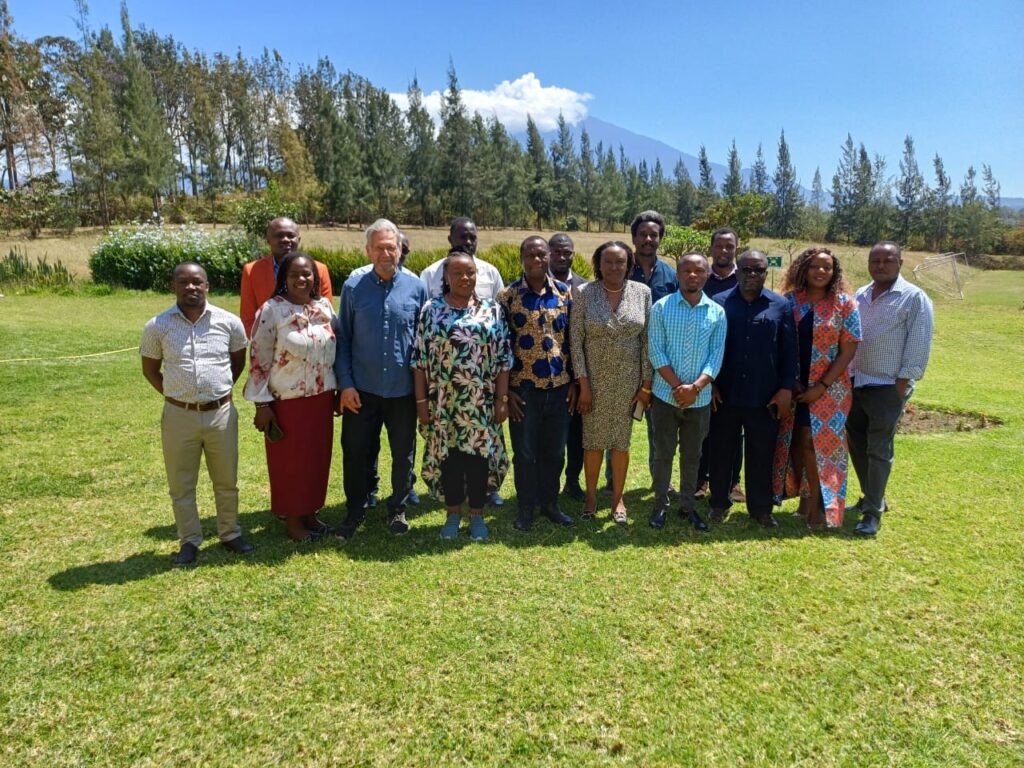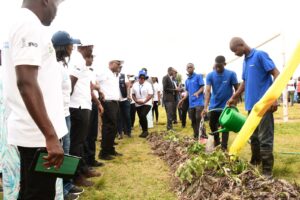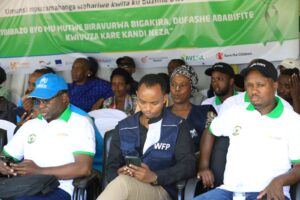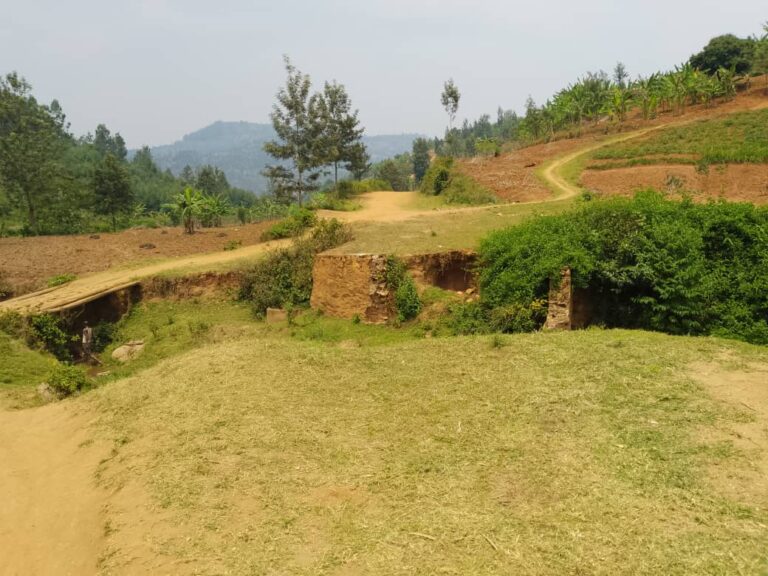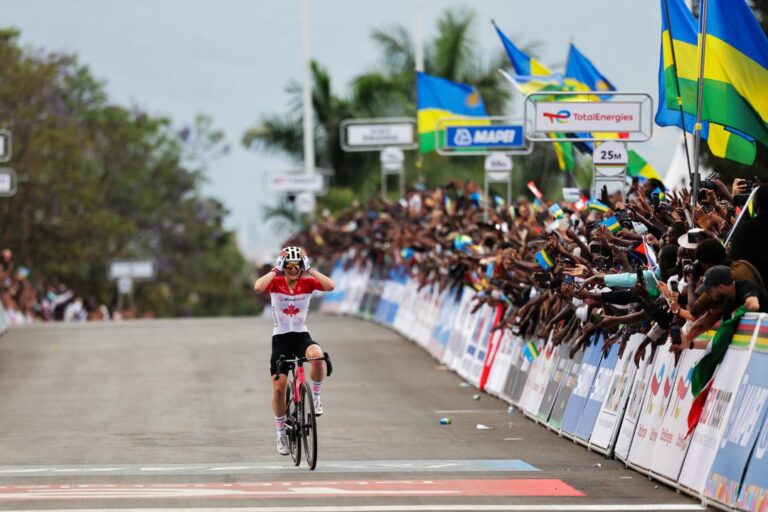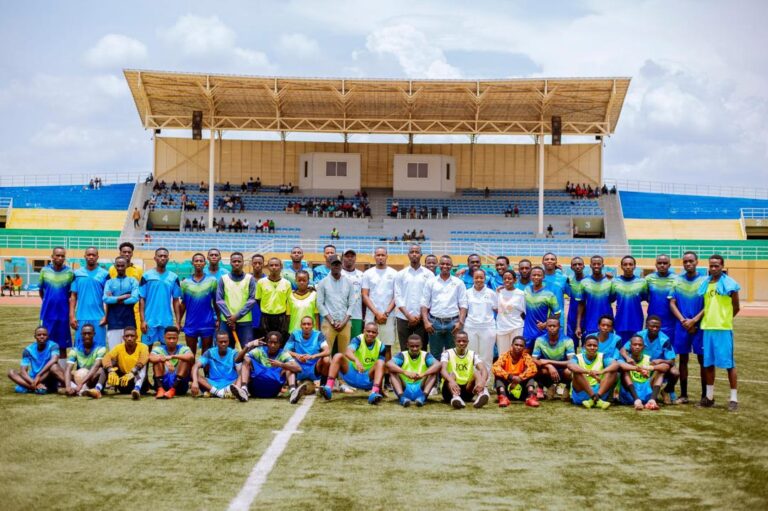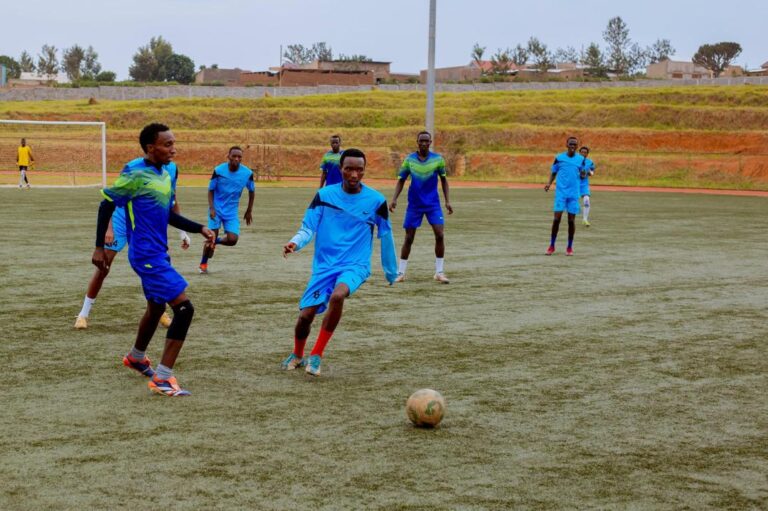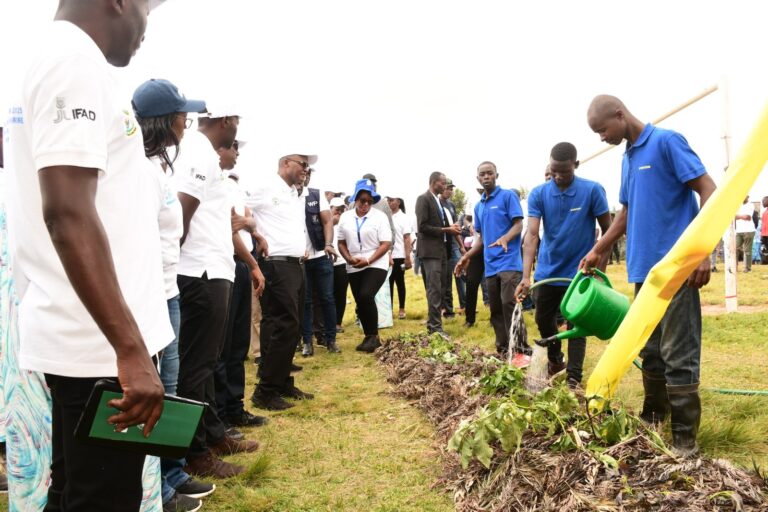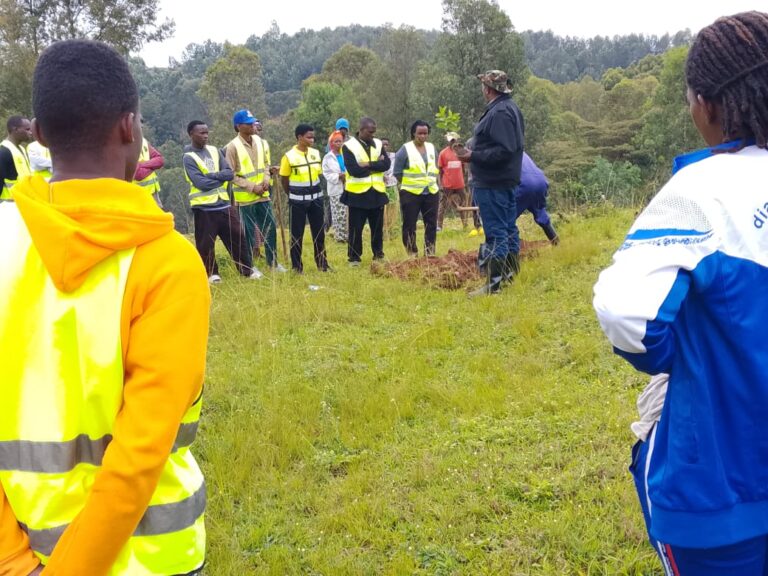From October 21 to 25, 2024, a cohort of representatives from Journalism schools across East Africa is in Arusha, Tanzania, for a five-day workshop focusing on Sustainable Journalism in higher education.
The event brought together participants from Rwanda, Kenya, Uganda, and Tanzania.
Rwanda is respectively represented by three universities: Institut Catholique de Kabgayi (ICK), Mount Kigali University, and East African University Rwanda. Kenya’s delegation included Aga Khan University, Technical University of Kenya, Moi University, and Tangaza University.
From Uganda, Makerere University and Uganda Christian University took part, while Tanzania is represented by Augustine University of Tanzania.
The workshop was spearheaded by Lars Tallert, Senior Advisor at Fojo Media Institute, alongside Prof. Nancy Booker, Dean at the Graduate School of Media and Communications at Aga Khan University, and Pamella Makotsi Sittoni, former editor-in-chief at Nation Media Group and now an independent consultant.
The event was supported by a collaborative effort between Germany’s Konrad Adenauer Stiftung, Sweden’s Fojo Media Institute, and Aga Khan University.
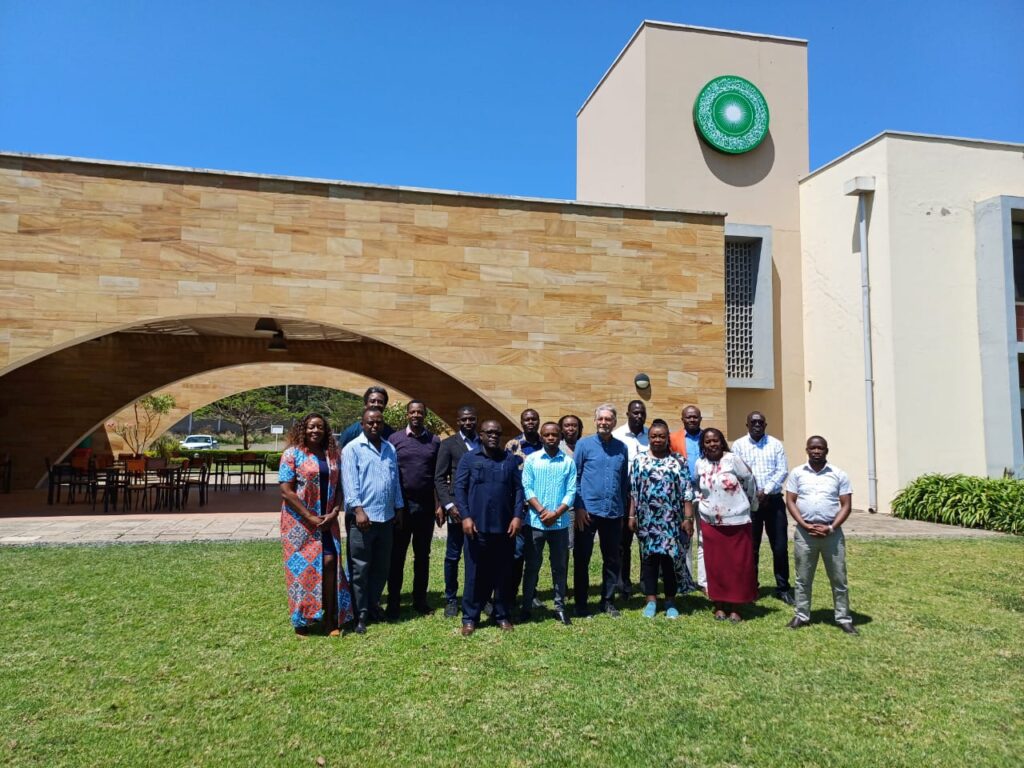
Speaking to ICK News, Lars Tallert highlighted the workshop’s objective: to promote the integration of sustainable practices [environmental, social, and economic] into journalism education.
He stressed that journalism should extend its focus beyond traditional topics like politics and free speech, to address sustainability and the role independent journalism plays in fostering sustainable societies.
“We are still shaping the concept of sustainable journalism. It’s essential that the universities involved tailor it to their local contexts. In East Africa, each institution is developing its own approach to teaching sustainable journalism. I hope this network will continue to grow, we are now 10 universities from East Africa, connected to institutions worldwide,” said Lars.
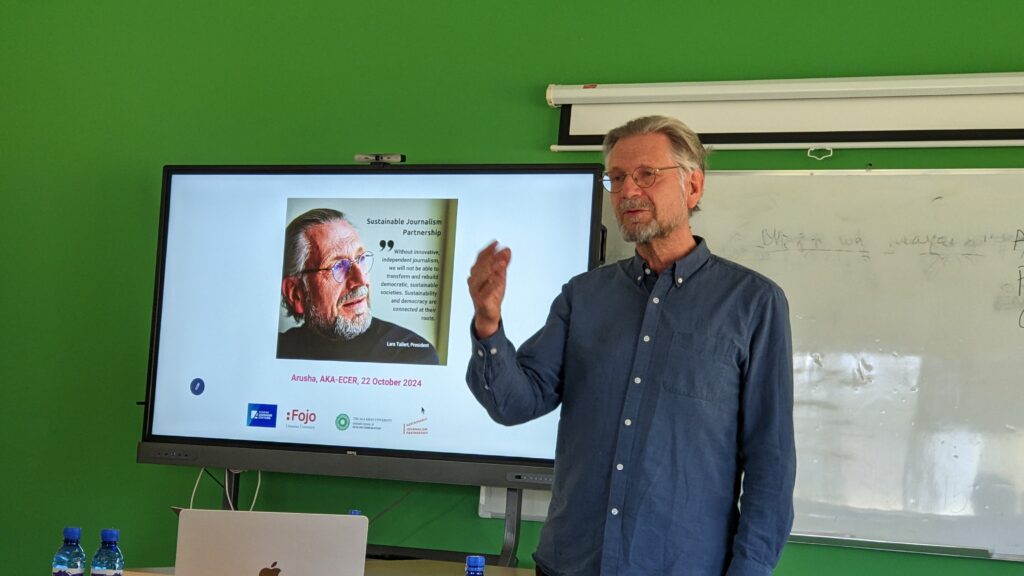
He further emphasized that universities teaching journalism are tasked with redefining news practices by aligning sustainable journalism in education with real-world journalistic practices.
Lars urged a departure from outdated methods and encouraged institutions to create more engaging journalism, especially for younger audiences.
Advice to aspiring journalists
Lars advised journalism students to prioritize environmental sustainability and climate change in their reporting, as these are critical global issues.
He advocated for a shift in how news is framed, moving away from problem-centric reporting toward a more solution-oriented approach.
This, he believes, will help maintain audience engagement and prevent news fatigue, which threatens both the media industry and society.
Understanding audience preferences, particularly those of younger generations, is also vital.
Lars warned that young people’s disinterest in news could jeopardize the future of journalism.
The workshop underscored the urgent need for academic institutions to align their journalism programs with the four pillars of Sustainable Journalism: producing content that contributes to sustainable societies while ensuring revenue generation, developing media business models focused on sustainability, promoting environmentally and socially sustainable news production, and fostering innovative, gender-balanced, and inclusive newsrooms.



